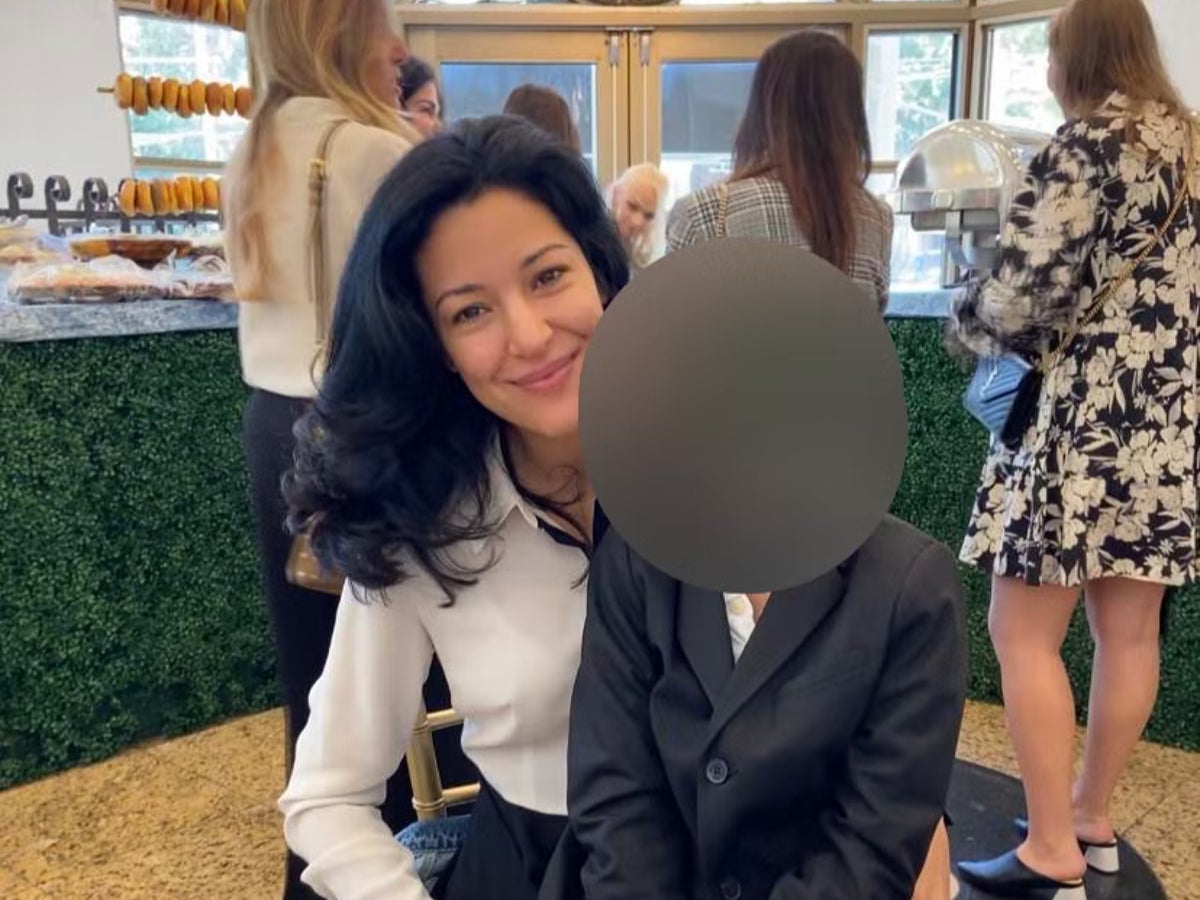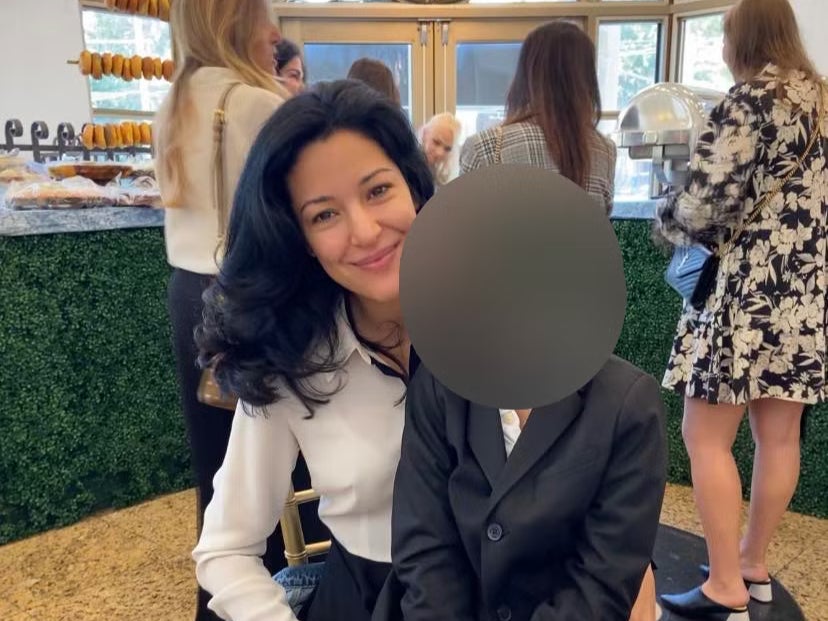
Isacco Saada, an Italian citizen, and Narkis Golan, a US citizen, married in Italy in 2014.
Four years later, she fled Italy for the US with their child and moved into a shelter for survivors of domestic abuse.
Saada was violent towards Golan from the outset of their relationship, including in front of their son, according to court records. Golan sought a “get,” a Jewish document of divorce, from the beginning of their marriage.
In June, the US Supreme Court unanimously issued a breakthrough decision that determined that Golan could not be legally forced to return her son to his abusive father, overriding precedent and establishing that courts are “not bound to order a child’s return if … that return would put the child at a grave risk of physical or psychological harm.”
Four months later, Golan, 32, was found dead in her home in New York.
The New York City Police Department confirmed her death on 19 October to Jezebel, which first reported the case.
A public information officer said there is “no criminality” currently suspected in her death. An investigation is ongoing.
The facts of the case – affirmed by the Supreme Court and several court rulings – are not in dispute, Justice Sonia Sotomayor noted in her opinion for the court.
“The two fought on an almost daily basis and, during their arguments, Saada would sometimes push, slap, and grab Golan and pull her hair,” she wrote. “Saada also yelled and swore at Golan and frequently insulted her and called her names, often in front of other people. Saada once told Golan’s family that he would kill her. Much of Saada’s abuse of Golan occurred in front of his son.”
Saada filed a criminal complaint in Italy alleging kidnapping, initiating a civil proceeding for sole custody of their child.
He also filed a petition in US District Court in New York seeking their child’s return to Italy.
Following a nine-day trial, the court granted his petition, but noted that returning the boy to Italy could expose him to a grave risk of harm. The court determine that there was “no dispute” of Saada’s violence, “physically, psychologically, emotionally, and verbally”.
The court asserted that parties propose “ameliorative measures to ensure the child’s safe return; Saada proposed $30,000 for expenses, dismissing criminal allegations, and enrolling in cognitive behavioural therapy, and the court agreed that his proposal would “reduce the occasions for violence” allowing for the child’s return to Italy.
Golan appealed, and an appellate court determined that the ruling was insufficient, with the lower court’s own proceedings revealing “ample reason to doubt that Mr Saada will comply with these conditions.”
In an effort to comply with the appeals court ruling, the lower court performed an “extensive” nine-month probe, ultimately concluding that there were enough measures in place to ensure the child’s return.
An Italian court issued a protective order barring Saada from approaching Golan for one year, and ordered a social services agency to oversee Saada’s parenting classes and therapy between supervised visits with the boy.
The Supreme Court’s unanimous ruling in Golan v Saada reversed the lower-court ruling, marking a crucial victory for survivors of domestic abuse and their children seeking refuge in the US.
Courts are not required to examine all such “ameliorative measures” in an effort to deny a Hague Convention petition for a child’s return, the Supreme Court asserted.
The Hague Convention gives courts the discretion to grant or deny those petitions, but nothing in the measure’s text forbids or requires courts to consider that parties make “ameliorative measures” to get a petition approved.
Nicole Fidler, the director New York-based organsation Sanctuary for Families, which worked with Golan’s case, told Jezebel that Golan was “on the phone with her attorneys” and strategising an appeal on the night of her death.
She told the outlet that she sought to change policy around so-called “Hague Moms” seeking refuge with their children only to be revictimised through retaliation from their abusers who weaponise the courts against them.
On 1 September, roughly one month before her death, Golan reflected on the case in a Facebook post.
“After winning at the Supreme Court, I had to yet again face the same unsympathetic judge who wants to force my son back to a country where I was tortured, raped and abused in every way,” she wrote. “There was never justice for me. All I can do is try to be the best mommy I can while fighting this battle that makes no sense. I just keep asking myself WHY??”
She continued: “Why does the system ENABLE such a person to continue to cause my son and I harm through the courts after surviving such abuse. [M]any women end up dead. People call me a survivor. What have I survived when I’m still fighting for my human rights that [have] been stripped away from me for so many years while the real criminal gets to live his best life knowing he still holds that power over my head?”

Golan said she is “just trying to give my son the life he deserves.”
“Who understands how hard it is to hold your pain inside while trying to show your child that you’re happy and that everything is [OK] when it’s not?” she added.
“I probably won’t ever have those answers but one thing I know for sure is that I won’t stop fighting and from now on, I won’t be silenced either.”
It was her last public post before her death.
“This is a heartbreaking loss,” advocacy group National Safe Parents Organization shared in a statement. “We send love to her son and her family. As a global community, we need to make sure her child continues to be protected.”







